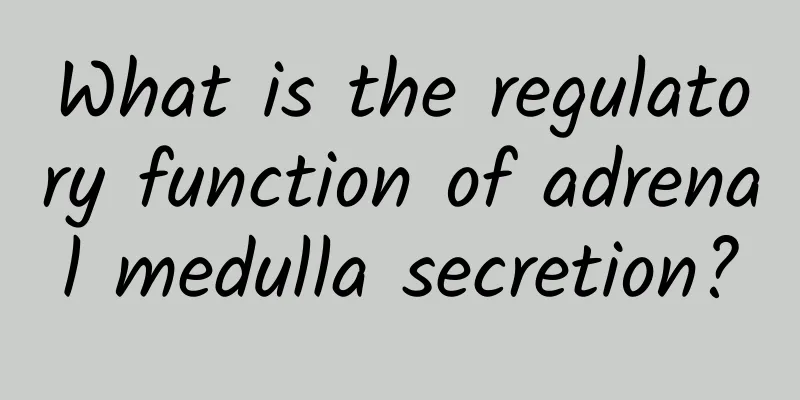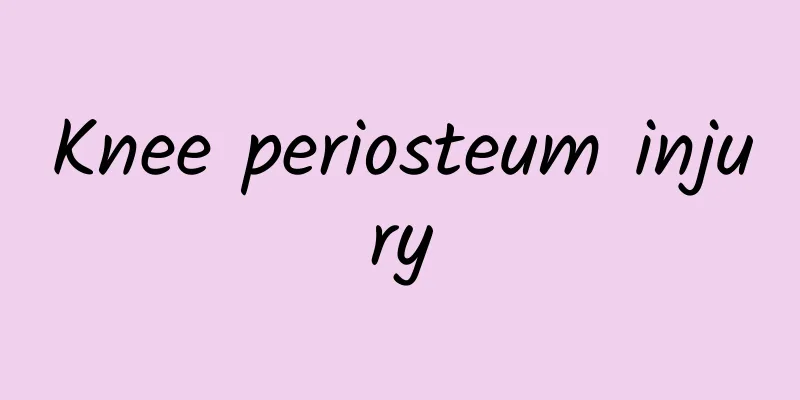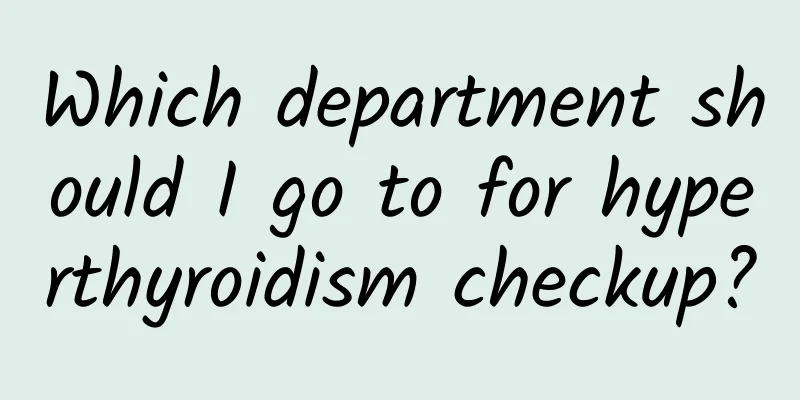What is the regulatory function of adrenal medulla secretion?

|
Everyone is familiar with adrenaline, right? Many times when people are in dangerous situations and are injected with a dose of adrenaline, the body will unleash tremendous potential and energy to accomplish impossible things. In medicine, there is a substance that has a certain relationship with the adrenal glands, and it is the so-called adrenal medulla. So the question is, what is the specific role of adrenal medulla secretion regulation? 1. Biological effects: Chromaffin cells in the adrenal medulla secrete two hormones: epinephrine and norepinephrine, with a ratio of approximately 4:1, with epinephrine being the main hormone. They are all tyrosine-derived amines with catechol groups in their molecules, so they all belong to the catecholamine class. Their biological effects are closely linked to the sympathetic nervous system and have a wide range of functions. The famous scholar Cannon once proposed the emergency theory. He proposed that when the body encounters an emergency situation, such as fear, shock, anxiety, trauma or blood loss, sympathetic nerve activity is enhanced and the secretion of hormones in the medulla increases sharply. The results are: the heartbeat strengthens and speeds up, cardiac output increases, blood pressure rises, and blood flow accelerates; visceral blood vessels constrict and blood flow to visceral organs decreases; muscle blood vessels dilate, muscle blood flow increases, and more oxygen and nutrients are provided to the muscles; bronchi dilate to reduce gas exchange resistance and improve oxygen supply; liver glycogen breaks down, blood sugar rises, and nutrient supply increases. The above functional changes caused by emergency response help the body to fight against adverse situations and escape danger. Various stimuli that cause emergency responses are also stimuli that cause stress responses. In the above situations, the two response systems complement each other and both react, making the body's adaptability more perfect. 2. The secretion of medullary hormones regulates the excitation of the choleretic fibers before the visceral ganglia, or the administration of acetylcholine can promote the synthesis and secretion of adrenal medulla and norepinephrine. During emergency response, norepinephrine in the blood mainly comes from sympathetic nerve endings. Epinephrine and norepinephrine both have a negative feedback effect on the adrenal medulla. When their synthesis in the cells reaches a certain amount, they can inhibit the synthesis process. ACTH was found to stimulate hormone synthesis in the adrenal medulla either directly or indirectly through glucocorticoids. |
<<: What is the correct way to massage your skin?
>>: Benefits of Agarwood to the Body
Recommend
What to do if your eyes hurt due to electric shock
When people are welding, the arc light generated ...
Why do I sweat a lot while working?
Sweating a lot while working is generally a norma...
Symptoms of Qi Stagnation and Dampness Obstruction
Qi stagnation and dampness obstruction may be cau...
How does TCM explain bleeding gums?
When we brush our teeth in the morning, our gums ...
Oral blood circulation and anti-inflammatory medicine for ankle sprain
The ankle is a very important part of our leg str...
What do labia minora polyps look like?
Polyps on the labia minora are also vaginal wall ...
The discharge is brown like a period.
Under normal circumstances, women will have menst...
What is pain in the anus?
If there is pain inside the anus, there are many ...
What does hemorrhage mean?
Hemorrhage, also known as sudden hemorrhage, refe...
What are the signs of frostbite?
Frostbite is quite common in daily life. There ar...
What causes itchy bumps on elbows?
If your elbows are itchy and swollen, you should ...
Men who can't have children are all suffering from this disease
Traditional Chinese medicine is the quintessence ...
Traditional Chinese Medicine explains the best time to take care of your health in December
In order to maintain health in winter, everyone w...
How effective is TCM treatment of renal failure?
Renal failure is the abbreviation of renal failur...
Dizziness, chest tightness, nausea
For the elderly, we often hear them complain of d...









